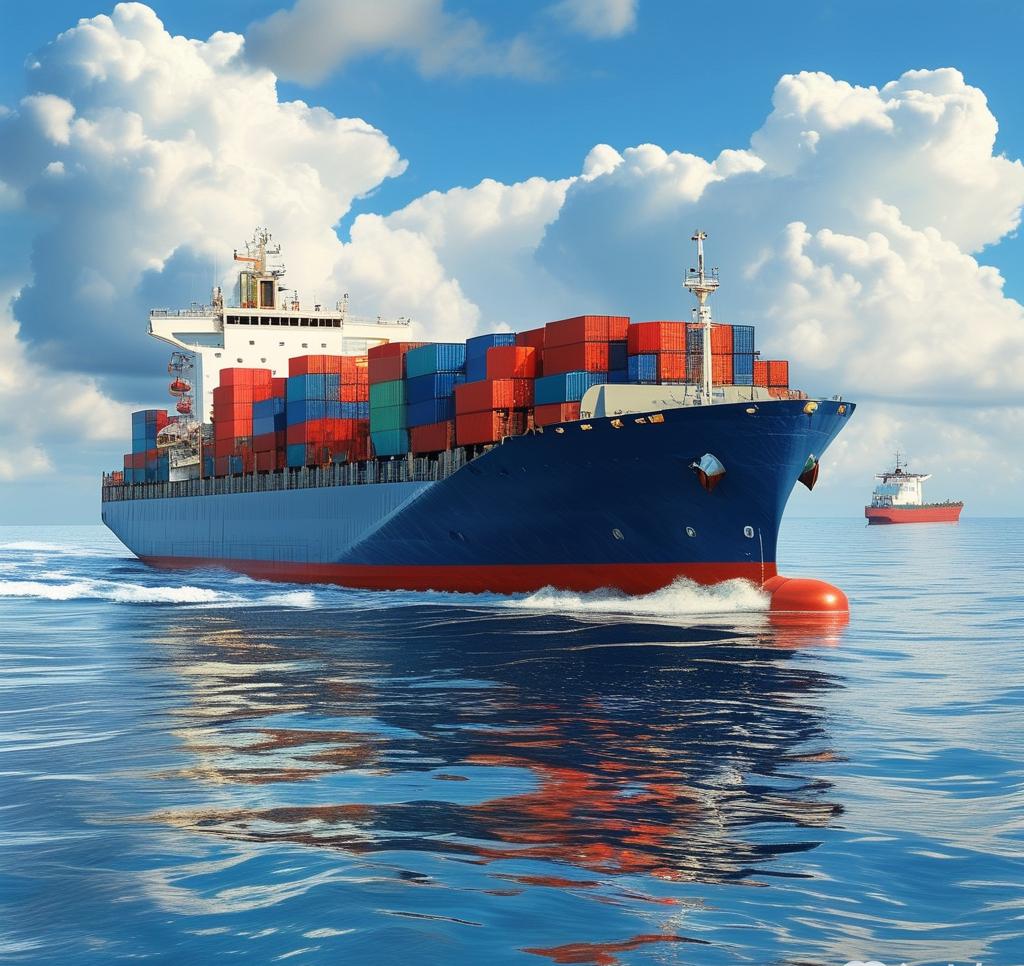If you’re planning to import goods from China to the Philippines, especially in high volumes, working with customs-friendly suppliers can save you from delays, penalties, and unexpected costs. As a buyer, here’s how I make sure my suppliers are compliant and efficient:
1. Look for Suppliers with Proper Export Certifications
Choose suppliers who can provide standard export documents such as:
- Commercial Invoice
- Packing List
- Certificate of Origin
- Bill of Lading or Airway Bill
A customs-friendly supplier will proactively assist in preparing these documents correctly and completely.
2. Ask About HS Codes and Philippine Customs Experience
A good supplier will know the HS (Harmonized System) codes for their products and how they’re classified under Philippine import laws. Experienced exporters often work with freight forwarders offering professional freight solutions between China and the Philippines, streamlining the process.
3. Choose Suppliers Who Collaborate with Reputable Freight Forwarders
Suppliers with strong logistics partners can provide door-to-door or port-to-port shipping and help ensure your goods meet all customs requirements. Look for mentions of professional freight solutions from China to the Philippines in their company profile or Alibaba listing.
4. For High-Volume Export from China to the Philippines, Choose Factory-Direct Suppliers
If you plan to ship large quantities, work directly with manufacturers or high-volume exporters who are used to shipping containers internationally. They’re more likely to:
- Package goods to international standards
- Have export licenses
- Know local import regulations in the Philippines
5. Test Small Orders First
Before committing to high-volume exports, send a trial shipment and observe whether the supplier handles customs declarations properly. This small step can prevent large losses later.

People Also Ask (PAA)
1. What makes a supplier customs-friendly?
A customs-friendly supplier provides complete export documentation, uses correct HS codes, and has prior experience shipping to your country.
2. How can I avoid customs issues when importing from China?
Work with compliant suppliers, use trusted freight forwarders, and ensure all paperwork matches your declared goods and value.
3. Should I choose suppliers who offer freight services too?
Yes. Many offer end-to-end solutions or collaborate with professional freight providers who understand both Chinese and Philippine customs.
4. Is it safe to import high volumes from China to the Philippines?
Yes, if you choose suppliers familiar with bulk shipping and work with a reliable customs broker or freight forwarder.
5. How do I know if a Chinese supplier is legitimate?
Check their business license, audit reports (if on Alibaba), ask for references, and confirm they’ve shipped to the Philippines before.
